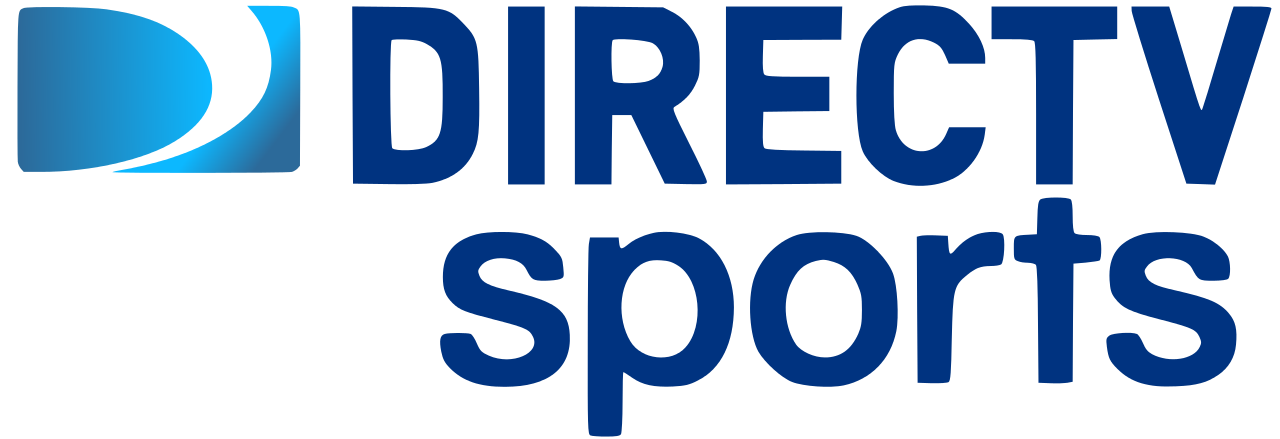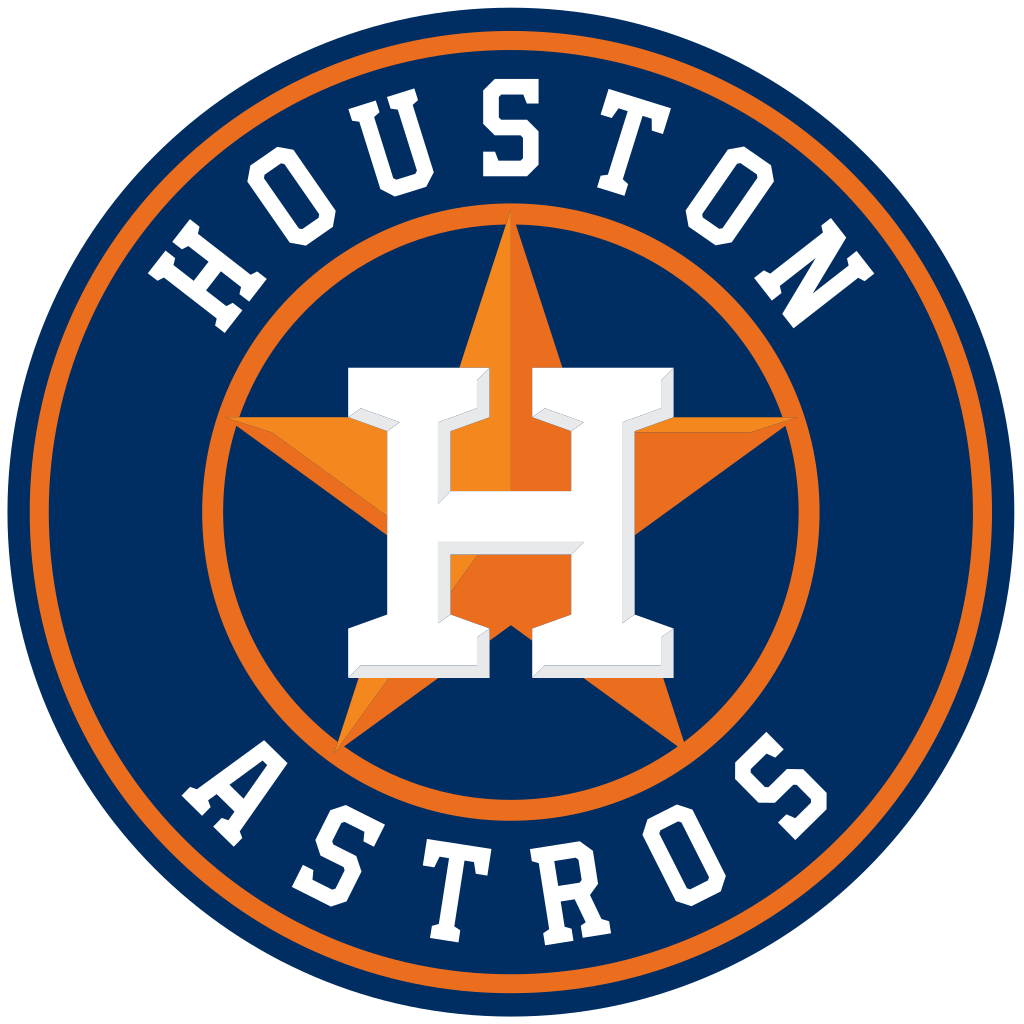By: Grant Welbourn
The NFL and DirecTV filed a writ for certiorari on February 10th after the 9th Circuit found that the exclusive rights between the NFL and DirecTV could violate antitrust laws because the teams are not allowed to compete with one-off broadcast deals.[1] The 9th Circuit decision reversed the granting of the NFL’s and DirecTV’s motion to dismiss by the United States District Court for the Central District of California; therefore, allowing the case to proceed.[2] One of the core antitrust laws is the Sherman Act which states that “every contract, combination in the form of trust or otherwise, or conspiracy, in restraint of trade or commerce . . . is illegal.”[3] The FTC’s examples of harmful acts to competition that are “almost always illegal” include “competing individuals or businesses to fix prices, divide markets, or rig bids.”[4]
Plaintiffs are a variety of class actions suit that began with a suit by the owner of a San Francisco bar.[5] Plaintiffs claimed that the NFL’s arrangement with DirecTV is a conspiracy to monopolize the professional football telecasts.[6]Plaintiffs argued that without the DirecTV arrangement, individual teams would create multiple telecasts of each game and would compete for distribution.[7] The NFL entered into licensing agreements with CBS and Fox to broadcast local games and with DirecTV to broadcast out-of-market games.[8] In 2014, the NFL and DirecTV reached an agreement to continue their licensing which had been in existence for 20 years.[9]
The NFL and DirecTV believes the 9th Circuit opinion adds to the circuit split on the issue of “indirect purchasers” and their standing to sue the NFL even though plaintiffs cannot show that the NFL has control over how DirecTV chooses to charge the Sunday Ticket package.[10] The NFL and DirecTV claims that the 9th Circuit decision creates an exception to Illinois Brick v. Illinois, 431 U.S. 720 (1977) which concludes that “established a bright-line rule that authorizes suits by direct purchasers but bars suits by indirect purchasers.”[11] NFL and DirecTV also claims that it conflicts with a 4thCircuit opinion from 2002.[12] The plaintiffs are alleged to lack standing to sue the NFL because they do not purchase anything from the NFL or the teams.[13]
Additionally, the NFL claims that the ruling “sidesteps” the doctrine of “rule of reason.”[14] The rule of reason places the burden on the plaintiff to show that “the practice in question unreasonably restricts competition in the relevant market.”[15] The 9th Circuit opinion stated that the complaint alleged the “interlocking agreements restrain the production and sale of telecasts in a manner that constitutes “a naked restriction” on the number of telecasts available for broadcasters and consumers.”[16] The opinion addresses the appeal of the United States District Court for the Central District of California granting of the NFL and DirecTV’s motion to dismiss; therefore, the plaintiff only needs to allege a claim adequately to survive.[17]
The NFL and DirecTV rely on several other circuits that have ruled that antitrust challenges against sports leagues are subject to the rule of reason.[18] Furthermore, the NFL and DirecTV say that the ruling goes against the Supreme Court’s decision in American Needle, Inc. v. National Football League, which reversed a 7th Circuit decision and allowed the NFL and its teams to make licensing decisions as a collective.[19] Applying the rule of reason, plaintiffs must satisfy the two elements of monopolization, which are “(1) the possession of monopoly power in the relevant market and (2) the willful acquisition or maintenance of that power as distinguished from growth or development as a consequence of a superior product, business acumen, or historic accident.”[20]
The price of the 2020 Sunday Ticket full season retain price is $293.94.[21] Businesses have a different pricing model.[22] Plaintiffs must eventually show that the conduct is “exclusionary” or “predatory” which can be difficult to prove.[23] If the Supreme Court hears the case and affirms the 9th Circuit decision, plaintiffs will still have many obstacles to satisfy their antitrust claim. It will be interesting to see how they choose to prove that the pricing model is predatory as well as how the NFL is liable for any injuries due to their inability to control DirecTV’s pricing.
[1] Ryan Boysen, NFL Asks High Court To Take Up ‘Sunday Ticket’ Suit, Law 360 (Feb. 10, 2020), https://www.law360.com/articles/1242499?utm_source=ios-shared&utm_medium=ios&utm_campaign=ios-shared.
[2] In re Nat’l Football League’s Sunday Ticket Antitrust Litig., 933 F.3d 1136 (9th Cir. Aug. 13, 2019).
[3] 15 U.S.C.A. § 1 (2004).
[4] The Antitrust Laws, FTC (Feb. 19, 2020) https://www.ftc.gov/tips-advice/competition-guidance/guide-antitrust-laws/antitrust-laws.
[5] Mike Curley, 9th Circ. Revives DirecTV ‘NFL Sunday Ticket’ Antitrust MDL, Law 360 (August 13, 2019). https://www.law360.com/articles/1188273.
[6] In re Nat’l Football League, 933 F.3d at 1159.
[7] Id. at 1143-44.
[8] Id. at 1148.
[9] Myles Udland, DirecTV Reaches Agreement With NFL On ‘Sunday Ticket,’ Keeps AT&T Deal Intact, Business Insider (Oct. 1, 2014), https://www.businessinsider.com/directv-reaches-agreement-on-sunday-ticket-2014-10
[10] Ryan Boysen, NFL Asks High Court To Take Up ‘Sunday Ticket’ Suit, Law 360 (Feb. 10, 2020), https://www.law360.com/articles/1242499?utm_source=ios-shared&utm_medium=ios&utm_campaign=ios-shared.
[11] In re Nat’l Football League, 933 F.3d at 1156 (citing Apple, Inc. v. Pepper, et al., 139 S.Ct. 1514, 1521 (May 13, 2019); Appl. For an Extension of Time in Which to File a Pet. for Writ of Cert. to the United States Court of Appeals for the Ninth Circuit at 4, Nat’l Football League, Inc., et al. v. Ninth Inning, Inc., et al., (No. 19-1098) (Nov. 27, 2019). https://www.supremecourt.gov/DocketPDF/19/19A606/123924/20191127155737821_Application%20for%20Extension.pdf.
[12] Id. (referencing Dickson v. Microsoft Corp., 309 F.3d 193, 200, 213-16 (4th Cir. 2002)) (holding that the claim was “materially indistinguishable from the claim . . . in Illinois Brick, and its inclusion of a conspiracy allegation is insufficient to circumvent the Illinois Brick rule”).
[13] Id.
[14] Id.
[15] Rule of Reason, Merriam-Webster https://www.merriam-webster.com/legal/rule%20of%20reason (last visited Feb. 19, 2020).
[16] In re Nat’l Football League, 933 F.3d at 1152.
[17] See id. at 1149.
[18] Ryan Boysen, NFL Asks High Court To Take Up ‘Sunday Ticket’ Suit, Law 360 (Feb. 10, 2020), https://www.law360.com/articles/1242499?utm_source=ios-shared&utm_medium=ios&utm_campaign=ios-shared.
[19] Id.; see also American Needle, Inc. v. Nat’l Football League, 130 S.Ct. 2201 (May 24, 2010).
[20] Single-Firm Conduct and Section 2 of the Sherman Act: An Overview, The United States Department of Justice, https://www.justice.gov/atr/competition-and-monopoly-single-firm-conduct-under-section-2-sherman-act-chapter-1 (last visited Feb. 19, 2020).
[21] DirecTV, https://www.directv.com/sports/nfl (last visited Feb. 19, 2020).
[22] DirecTV for Business, 2019 NFL Sunday Ticket Fact Sheet, DirecTVhttps://www.dsisystemsinc.com/documents/directv/CurrentNFLRateCard.pdf (last visited Feb. 19, 2020).
[23] Single-Firm Conduct and Section 2 of the Sherman Act: An Overview, The United States Department of Justice, https://www.justice.gov/atr/competition-and-monopoly-single-firm-conduct-under-section-2-sherman-act-chapter-1 (last visited Feb. 19, 2020).




